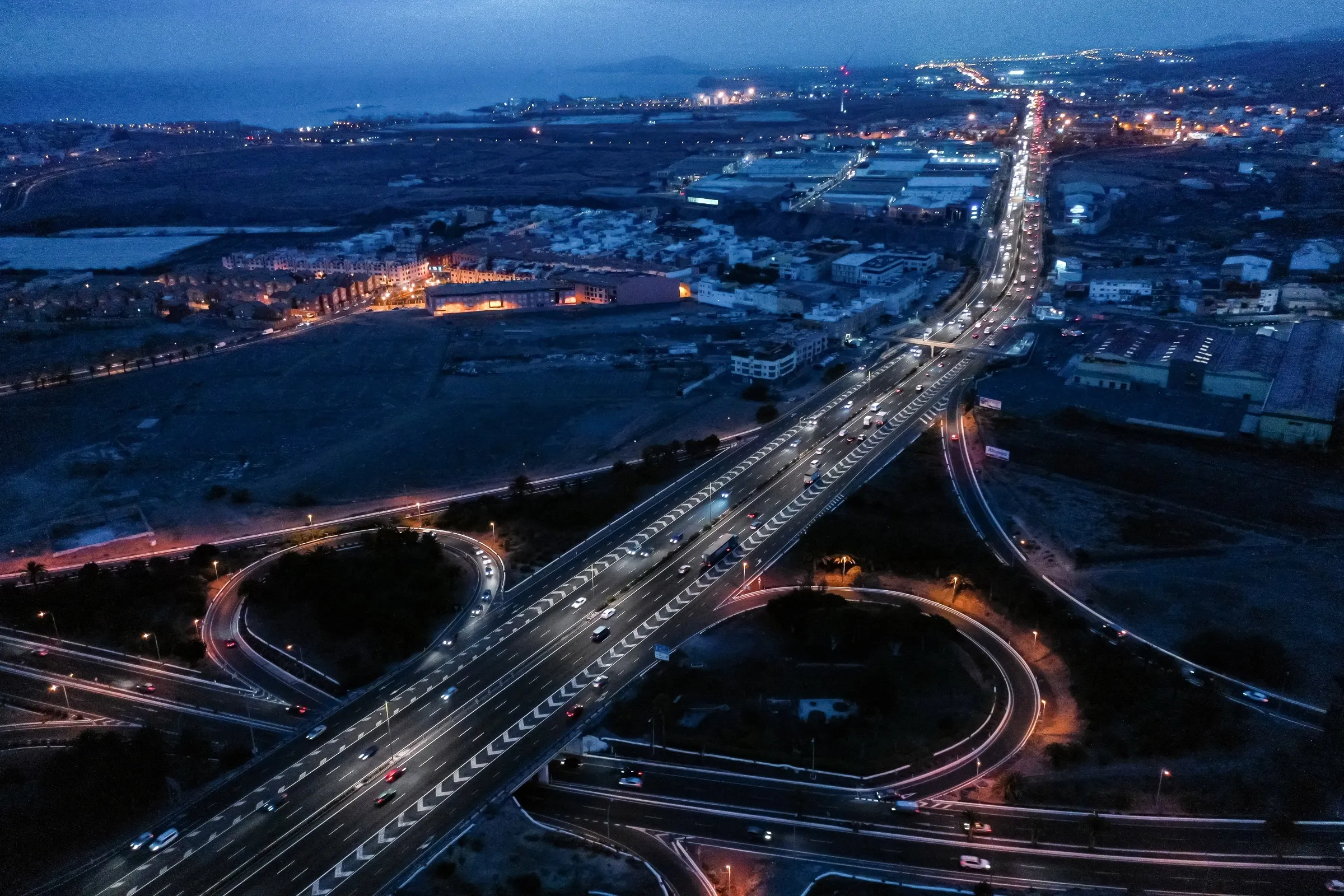
“We’ve essentially turned the light pole into a network device that can interact with a variety of modular sensors and push data to the cloud,” said Destah Owens, a solutions architect for Verizon’s Smart Community group.
Basic functionality of the light sensing technology allows cities to adjust ambient lighting on demand or on a variable schedule - such as when a convention is in town or other entertainment event. However, Owens said that cities are really excited about the modular ability to add other sensors - essentially using the street light as the smart city hub. Video analytics, parking enforcement, motion sensors and other sensors can be added to the light pole - collecting vital traffic, enforcement and mobility information and sending it to the cloud where a variety of stakeholders can access and analyse it for many different applications.
“It really allows stakeholders to figure out what is going in their city and figure out how they can increase mobility, provide safety or make any number of changes,” Owens said.









